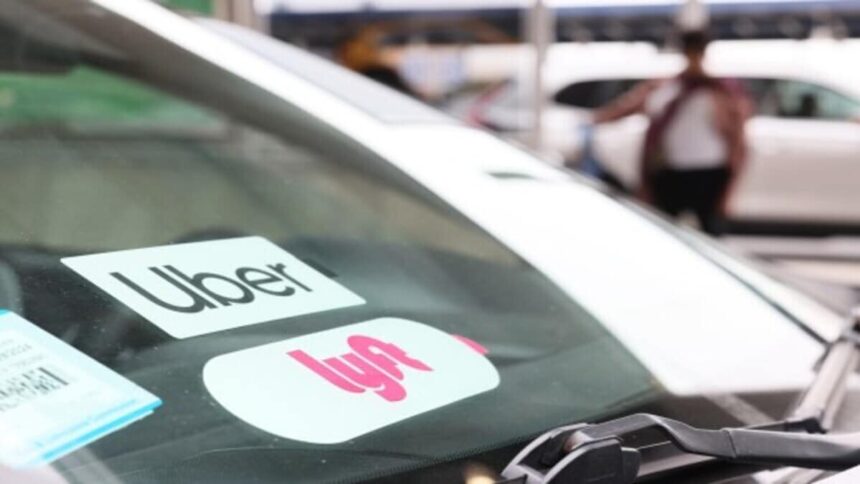In a surprising turn of events, New York City’s push for an all-electric Uber and Lyft fleet seems to be ahead of schedule, despite ongoing legal battles surrounding the initiative. Since the inception of the city’s Green Rides initiative last October, more than 7,500 new electric vehicles (EVs) have been given the green light by the Taxi and Limousine Commission (TLC). These additional EVs bring the total for-hire electric fleet in the city to 10,090 cars, constituting 12% of the overall Uber and Lyft fleet.
The surge in approved electric vehicles came to light during a recent court hearing over a lawsuit filed by the New York Taxi Workers Alliance. The Alliance is seeking to reinstate a cap on the total number of rideshare cars, arguing that an influx of electric vehicles with TLC plates will oversaturate the market, adversely impacting existing ride-share and yellow taxicab drivers.
Under the Green Rides Initiative, initiated by the Adams administration, the city aims to transition its rideshare fleet to be entirely zero-emissions or wheelchair accessible by 2030. However, the Taxi Workers Alliance contends that the TLC lacks the legal authority to unilaterally alter license plate cap rules, prompting the legal challenge.
In response to the lawsuit, Manhattan Supreme Court Justice Machelle Sweeting issued a temporary halt to the issuance of new licenses while the case proceeds. Despite this, a significant number of applications have already been filed with the TLC, far exceeding expectations. The accelerated approval process has brought the city closer to meeting its goal of converting 15% of all rides to electric or accessible vehicles by December 2025.
Meanwhile, Revel, an app-based ride company, has reported a substantial increase in EV charging sessions since the introduction of new electric cars. With the surge in public interest and charging demand, it appears that NYC’s transition to an all-electric rideshare fleet is gaining momentum, albeit amidst legal and regulatory challenges.
As the legal battle unfolds and the city’s electric vehicle infrastructure continues to evolve, stakeholders remain vigilant, balancing the need for sustainable transportation solutions with the concerns of industry workers and regulatory compliance. The outcome of these deliberations will undoubtedly shape the future of urban mobility in New York City and beyond.


